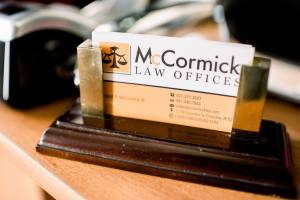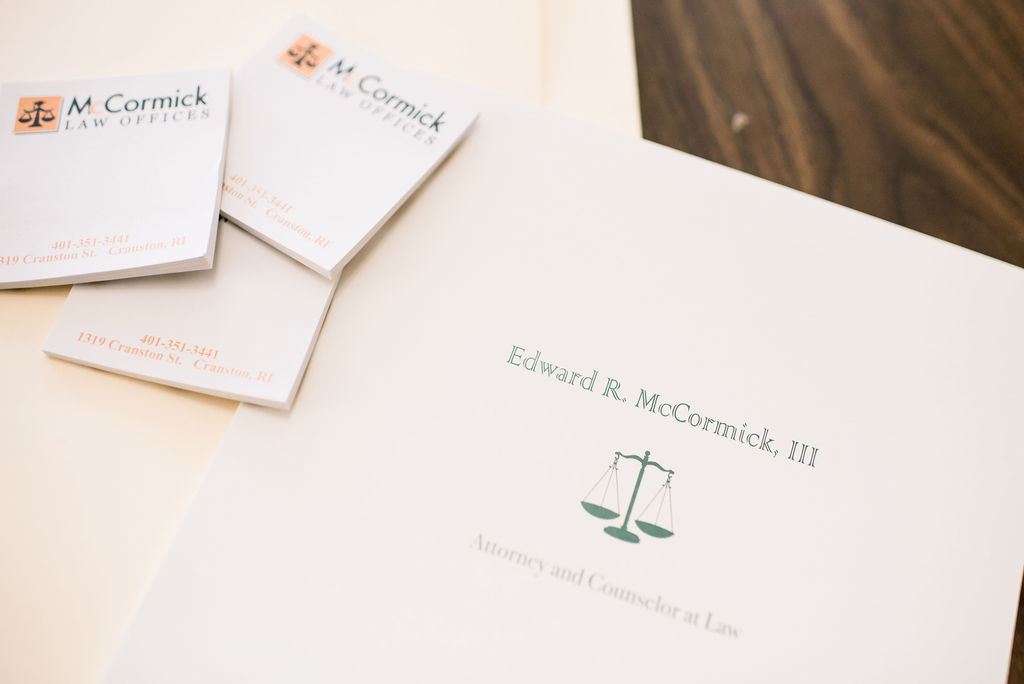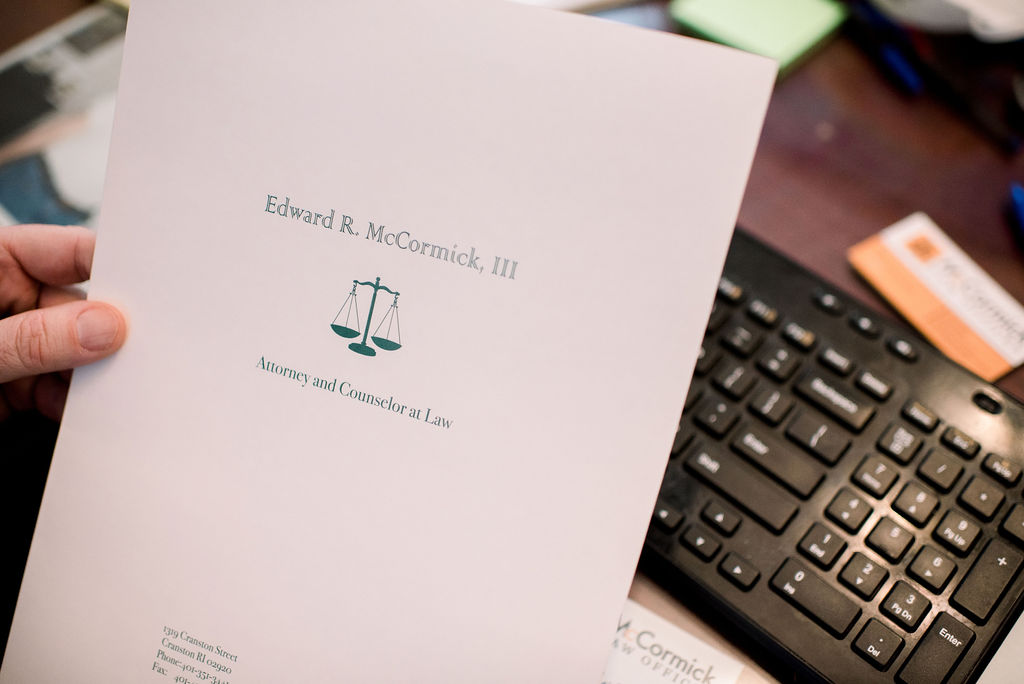Buying commercial property is a major investment that carries significant legal responsibilities. Whether you’re opening a retail location, acquiring office space, or expanding your portfolio, the stakes are high. In Rhode Island and Massachusetts, the legal landscape is more complex for commercial buyers than for residential transactions. That’s why having a qualified real estate attorney is critical to safeguarding your investment.
Key Legal Issues in Commercial Real Estate Transactions
Commercial property purchases involve additional risks and requirements compared to buying a home. Here are the primary legal factors to evaluate:
Zoning and Land Use Compliance
Before making an offer, confirm that the property is zoned for your intended use (e.g., retail, industrial, multifamily). You’ll also want to check for:
- Special use permits
- Environmental restrictions
- Parking requirements
- ADA compliance
- Future zoning changes or moratoriums
Changing the use of a property without proper approvals can result in fines, legal delays, or forced closure.
Environmental Due Diligence
Depending on the property’s location and prior use, you may need an environmental site assessment (ESA). Common concerns include:
- Underground storage tanks
- Asbestos
- Hazardous waste or contamination
- Wetland proximity
Legal review ensures you’re not inheriting costly remediation responsibilities.
Title Review and Liens
Commercial properties may carry complex title histories or hidden liens from previous owners, lenders, or contractors. A real estate attorney will conduct a full title search and help clear any encumbrances.
Contract Negotiation
Commercial purchase and sale agreements are not standardized like residential contracts. Your attorney will negotiate critical terms, including:
- Contingencies
- Warranties
- Inspection windows
- Financing clauses
- Lease assumptions (if tenants are involved)
Every clause must be carefully tailored to protect your interests.
Entity Formation and Financing
Most commercial buyers do not purchase property in their personal name. Instead, they use legal entities such as:
- LLCs (Limited Liability Companies)
- Partnerships
- Corporations
Your attorney can advise on the best structure and handle the legal formation. This step protects your personal assets and helps manage tax and liability exposure.
Financing also differs in commercial deals—expect higher down payments, stricter underwriting, and additional legal documentation. A lawyer will work with your lender to ensure all loan terms are fair and enforceable.
Tenant and Lease Review
If the property is currently leased to tenants, you’ll need to:
- Review existing lease agreements
- Confirm tenant rights and obligations
- Ensure rent rolls match the lease terms
- Understand termination clauses or renewal rights
You may also need to notify tenants of ownership changes. This is a key area where legal guidance prevents future disputes.
Why Legal Counsel Is Critical
A real estate attorney ensures that:
- The property is legally suitable for your intended use
- All documents are accurately drafted and enforceable
- Risk exposure is minimized before closing
- You meet all municipal and environmental regulations
- The deal closes on time without legal or title delays
Related Reading
More resources to support your real estate planning:
Final Thoughts
Buying commercial property requires more than just financing and a good location—it requires clear legal oversight. Before you commit to a purchase, engage with an experienced real estate attorney to conduct due diligence, structure the transaction properly, and close with confidence.
Buying commercial property in Rhode Island or Massachusetts?
Contact McCormick Law Offices to ensure your deal is built on a solid legal foundation.







